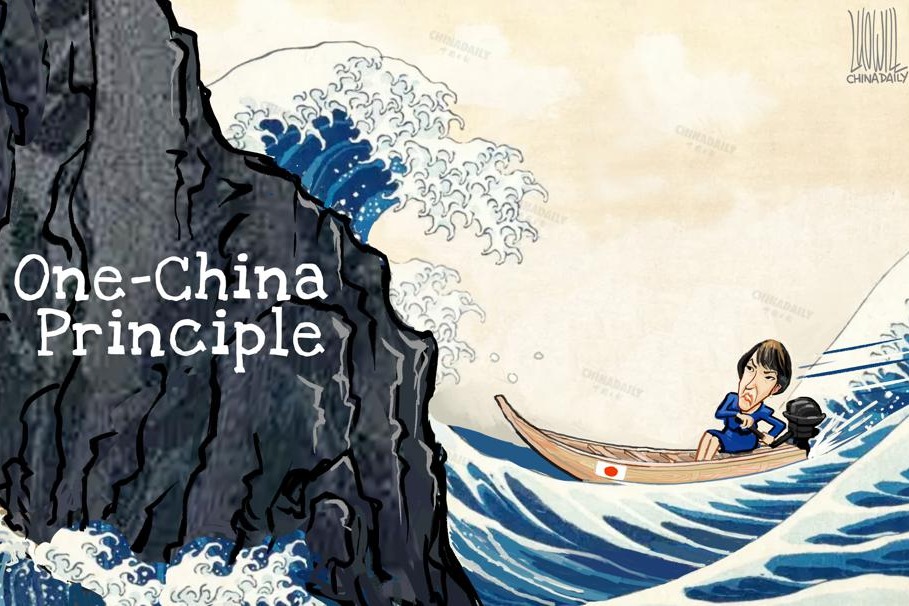War-game more senseless and irresponsible scaremongering by House select committee: China Daily editorial

The United States House Select Committee on Strategic Competition between the United States and China staged a war-game for financial and business executives in New York on Monday simulating an "invasion" of Taiwan by the People's Liberation Army forces. The organizers said that it was intended to show the business sector the risks of investing in China. Following the game, the organizers convened a hearing to reveal "the systemic risks that come with American capital flowing to China and how banks and other financial institutions think about their investments in China and exposure to the Chinese economy in the event of a political crisis".
A war-game may be a useful tool to avoid risks and miscalculations. Unfortunately, the one the committee staged seems to have been its latest push for the de facto decoupling of the two countries' economies after successfully making President Joe Biden sign the executive order on restricting US investment in Chinese technology sectors. This time the China hawks in Washington have their eyes on a more extensive, if not complete, ban.
The stunt was another manifestation of the committee's fearmongering, which is what it has been doing since its inception. As a product of the anti-China sentiment that is pervasive in the US Congress, rather than conducting fair and unbiased assessment of bilateral relations, the committee has engaged wholeheartedly in sensationalizing the perceived confrontational aspects of the relationship. Since its establishment in January, the committee has been relentlessly exaggerating the "risks" of the US doing business with China.
In the eyes of the committee members, every link with China carries a national security threat. So much so that even Huawei Technologies' latest smartphone Mate 60 Pro has had them looking for fifth columnists. These moves are again based on paranoid hysteria, not facts. Such rhetoric and ploys like the war-game are intended to mount additional pressure on the White House and scare away US investors from doing business with China.
There is nothing wrong with Washington trying to get proper insight into the potential economic ramifications of the two countries' souring relationship. And war-gaming may be a useful tool that facilitates informed decision-making and prevents avoidable mistakes. But for any war-game to yield meaningful insight into the likely future trajectory of specific developments, it must proceed first from the actuality, rather than being used as a tool to create a hostile scenario lest it misguide decision-making.
The unaffordable cost of outright China-US confrontation should serve as a constant reminder for both countries' decision-makers to always stay cool-minded about bilateral relations, and not let any surrounding unbridled jingoism lead them astray.


































